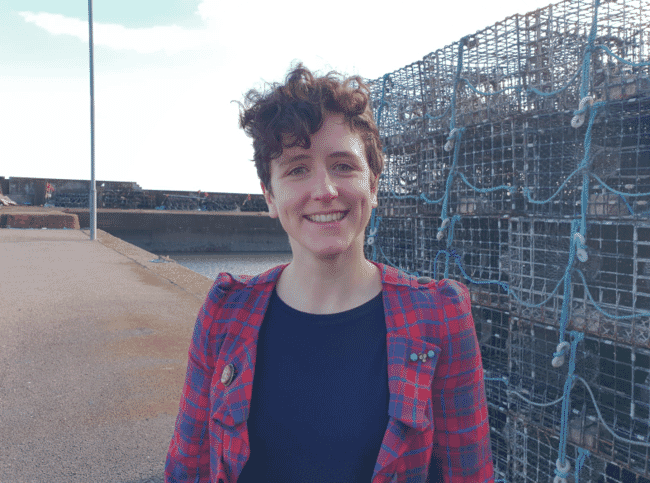
Speaking at the Aquaculture UK conference in Aviemore, she promised “rapid progress” on streamlining Scotland’s current regulatory system, as recommended in the recent independent review for the government by Professor Russel Griggs.
This will fall under the remit of two new groups, with Gougeon herself chairing a Ministerial Aquaculture Strategy Forum, that will advise on the development of the Scottish Government’s vision for sustainable aquaculture. This is expected to emphasise the importance of environmental protection and ensure that communities in salmon farming regions benefit more from the presence of the farms.
She also announced the formation of a task force to speed up the aquaculture consenting system.
Gougeon said: “Aquaculture is a significant contributor to our rural economy, providing well paid jobs in some of Scotland’s most fragile communities and will play a major role in our green recovery and transition to net zero.
“Developing world-leading legislation for aquaculture is key to developing a sector that is both environmentally and economically sustainable, operating within environmental limits and with social licence, ensuring there is a thriving marine ecosystem for future generations.”
Tavish Scott, chief executive of Salmon Scotland, said: “We are very pleased that the government recognises that the regulatory regime is not fit for purpose and that it must change.
“Mairi Gougeon’s personal commitment to chair a strategy forum is a very strong sign of her leadership on this, and government officials and regulators can be in no doubt as to the direction of travel.
“Professor Griggs recommended that a reformed regulatory framework should be delivered within 12 months and the strong message coming from Aviemore is that we must all work together to deliver this vision.
“The salmon sector in Scotland will work constructively with government and regulators to deliver efficient and effective outcomes across social, economic and environmental objectives, supporting thousands of rural jobs, generating millions of pounds for Scotland’s economy, and farming one of the most nutritious products that we can eat.”




